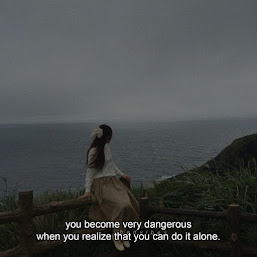Many of life’s failures are people who did not realize how close they were to success when they gave up.
– Thomas A. Edison
Synopsis:
Our very own "Pashupati
Prasad"; Khagendra Lamichhane; stars as Dambar; who after finishing
his masters, returns
to his village to revive dandibiyo. For that, he calls for help from his
old village pals Mukhiya (Buddhi Tamang) and Mala (Menuka Pradhan). His friends
are reluctant because they are busy in their own lives—Mukhiya is a poor
shepherd and Mala is a school teacher. The village kids are not convinced
either. His father, Yogendra, once a reputed dandibiyo player, opposes him
and tells him to concentrate on his career. Things didn’t pan out as
planned during the youth of Yogendra who dreamed of taking dandibiyo to an
international level and since then he’s developed a bitterness towards the
game; he’s disgusted by the idea of his son giving up everything to become
a torchbearer of dandi-biyo. The first half of the film teaches the
audience about dandibiyo and its rules. The second half was equally good and
engaging as the audience wants to know if Damaru would revive the sport or not.
Review:
The movie is art blended with the 80s/90s
childhood memories. Damaru ko Dandibiyo revolves around the forgotten sport
of dandibiyo. It poses big questions about sustainability and
ownership of homegrown sports like dandi-biyo and manifests itself as a love
letter to the game from the makers. Damaru's dialogue; "What is the popular sport of
the world? - Football - Then why do people play Hockey?" shows that it is the
people who need to value their sports for making its recognition and develop
their own originality. All the actors have given
stellar performances. The courage of the hero inside the film and the courage
of the team outside the film must be considered. Lamichhane, in the lead role,
amuses us with his natural acting. His way of delivering dialogues with
emotions really catches the audience with motivation in phrases like "If you love me, love my
dreams too". Anup
Baral as Damaru's father is equally good in his role as coach. Menuka Pradhan
was particularly good in emotional scenes. Supporting actor Buddhi Tamang along
with Ashant Sharma and Laxmi Bardewa has done justice to their respective roles
through their decent performance. The background scores and the music in the
film are in perfect position. The cinematography of matches is amazing.
Flaws and Weakness:
The lack of
chemistry between Menuka and Lamichhane was visible. There’s a nearly
10-minute-long exposition scene where Dambar chalks up the complex rules of
the game to explain to his teammates. If only the script had given them a
little more life, the movie would’ve been more lifelike, more relatable.







.jpg)


